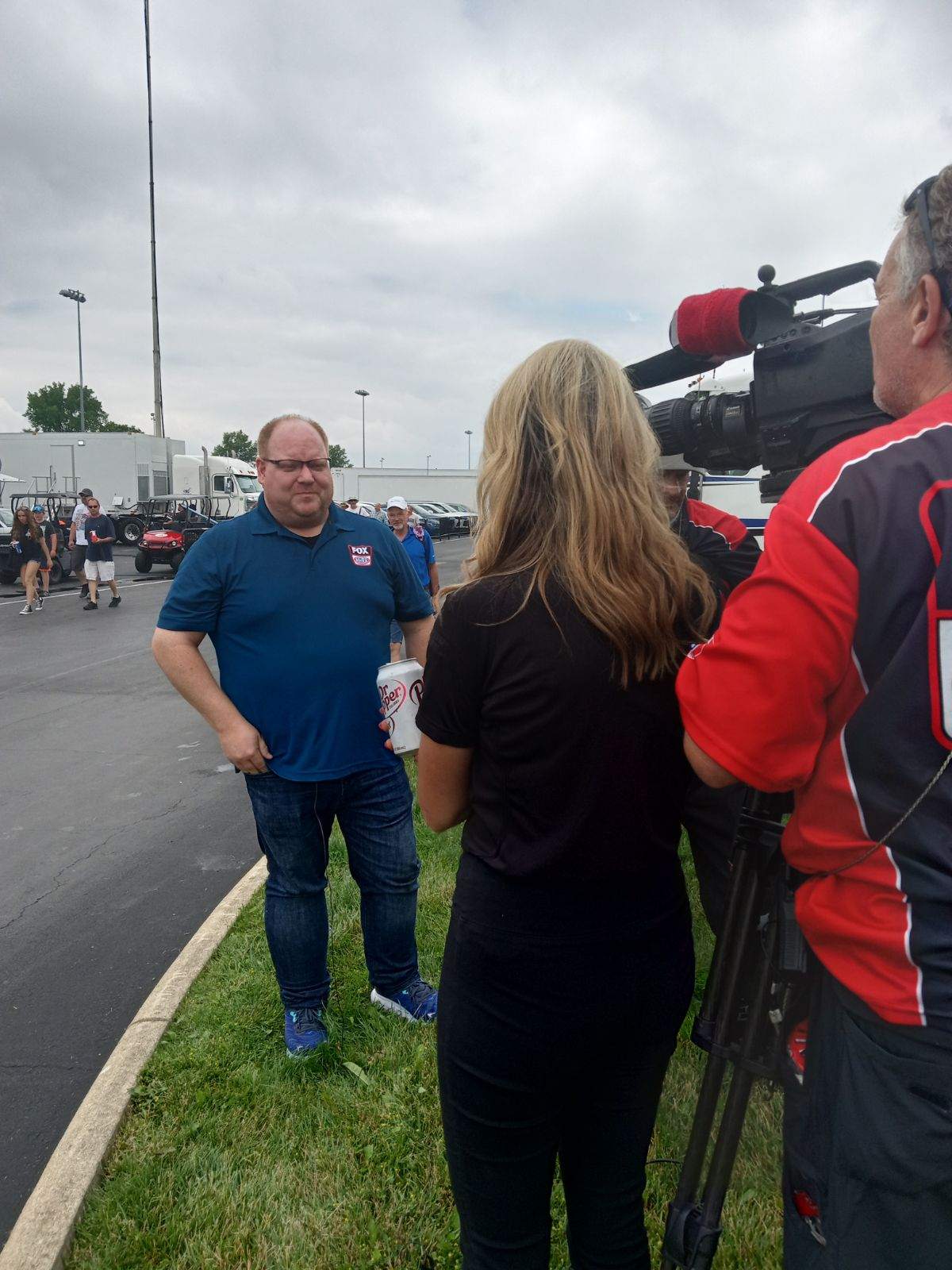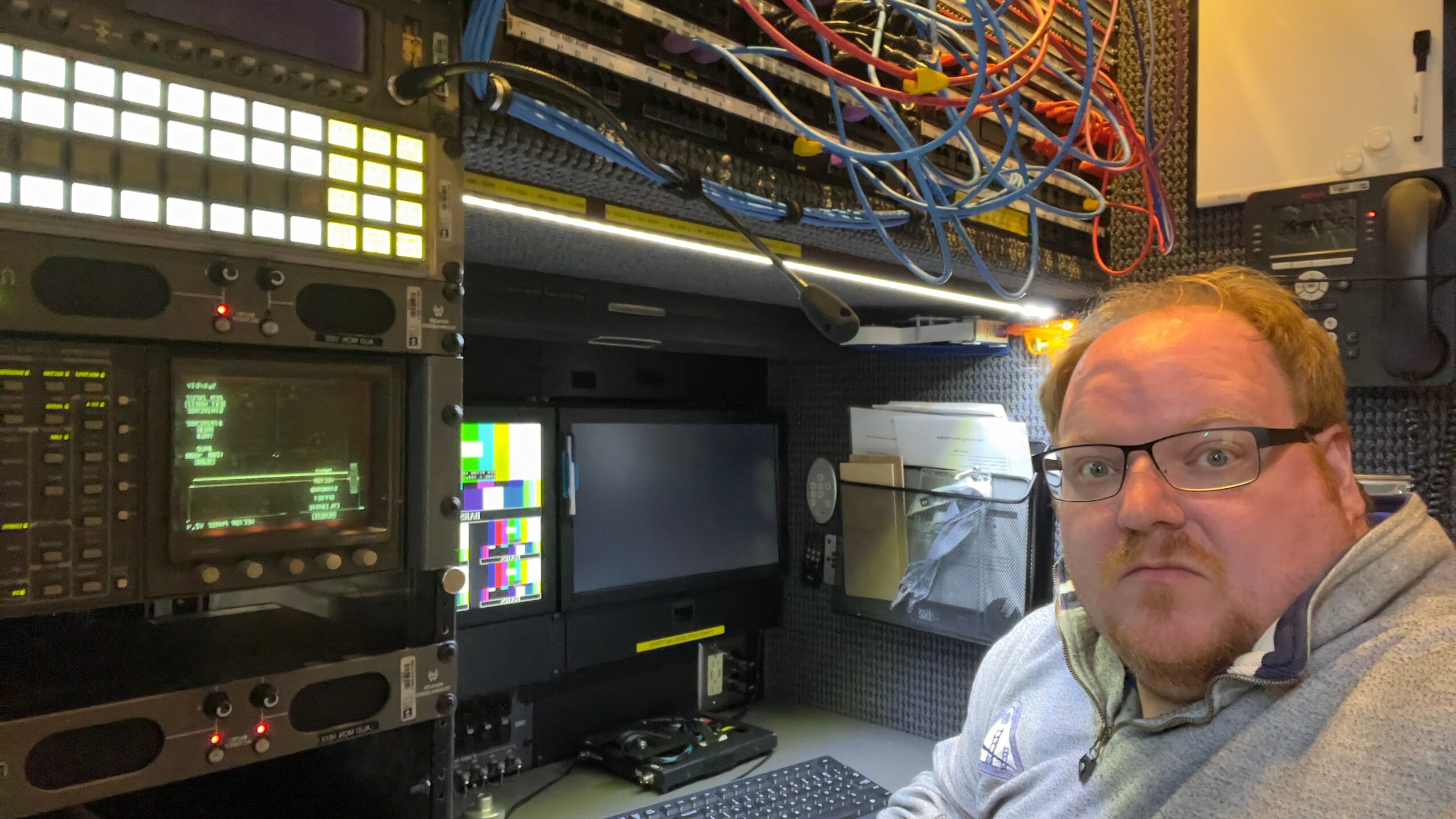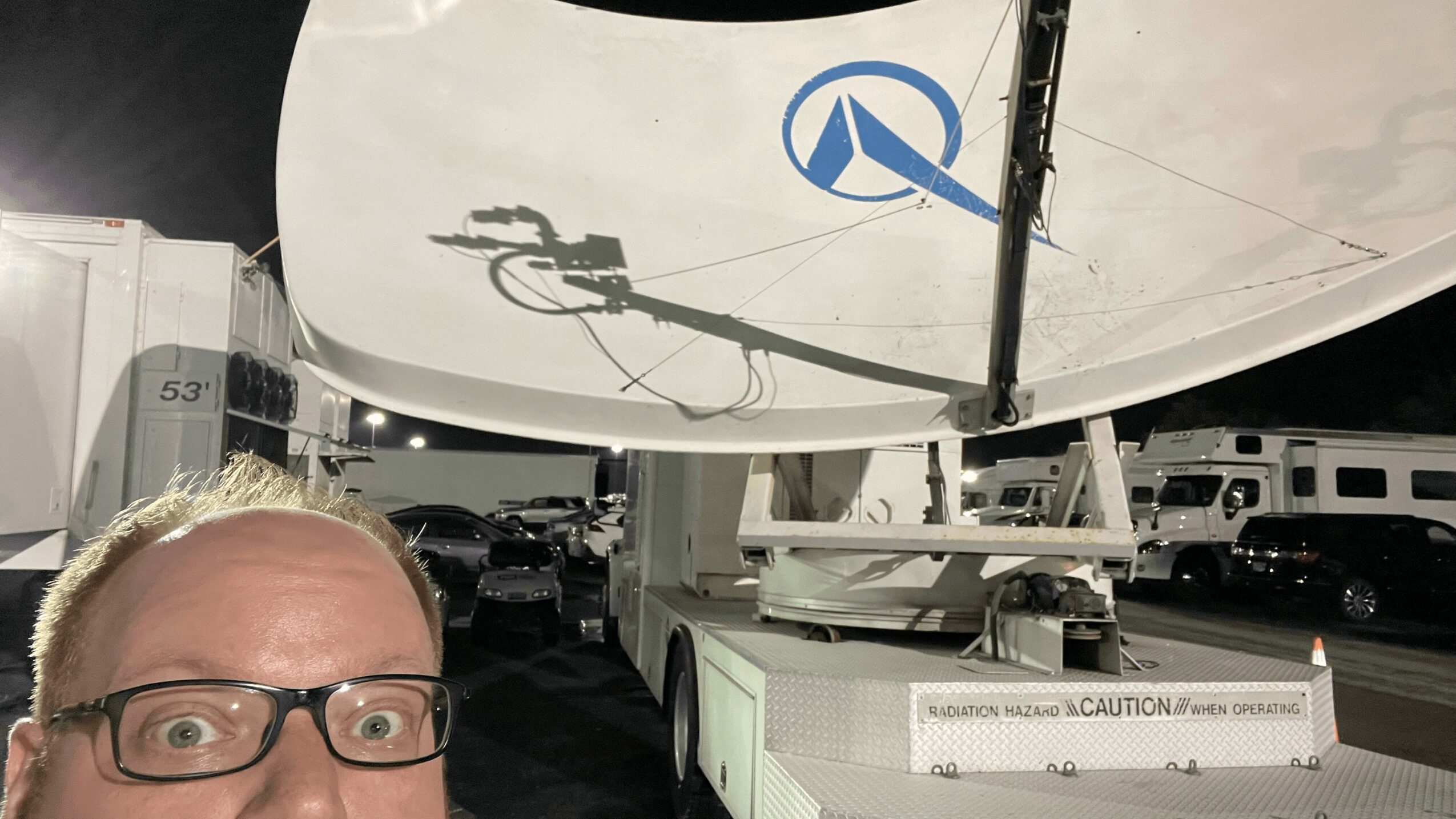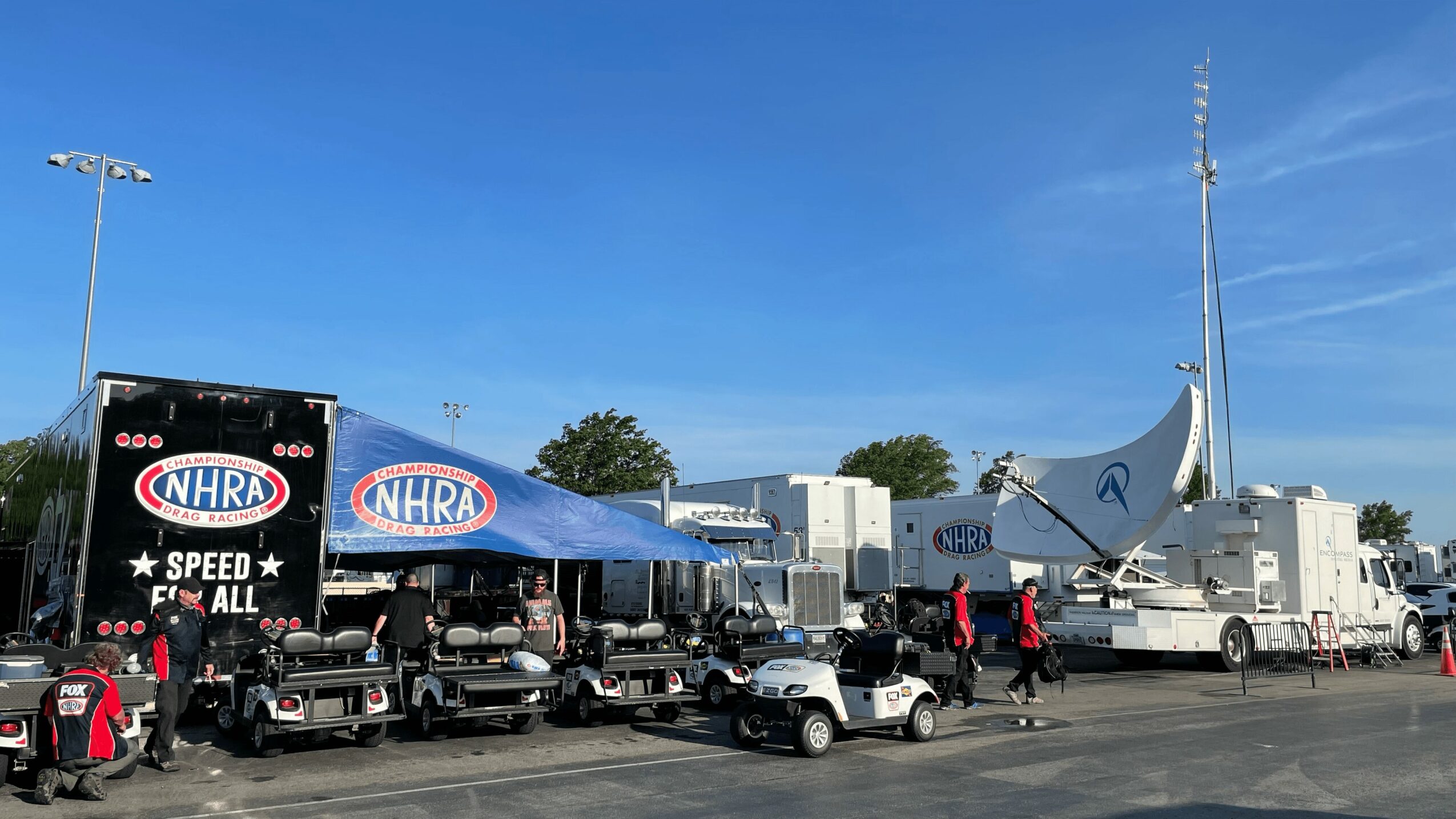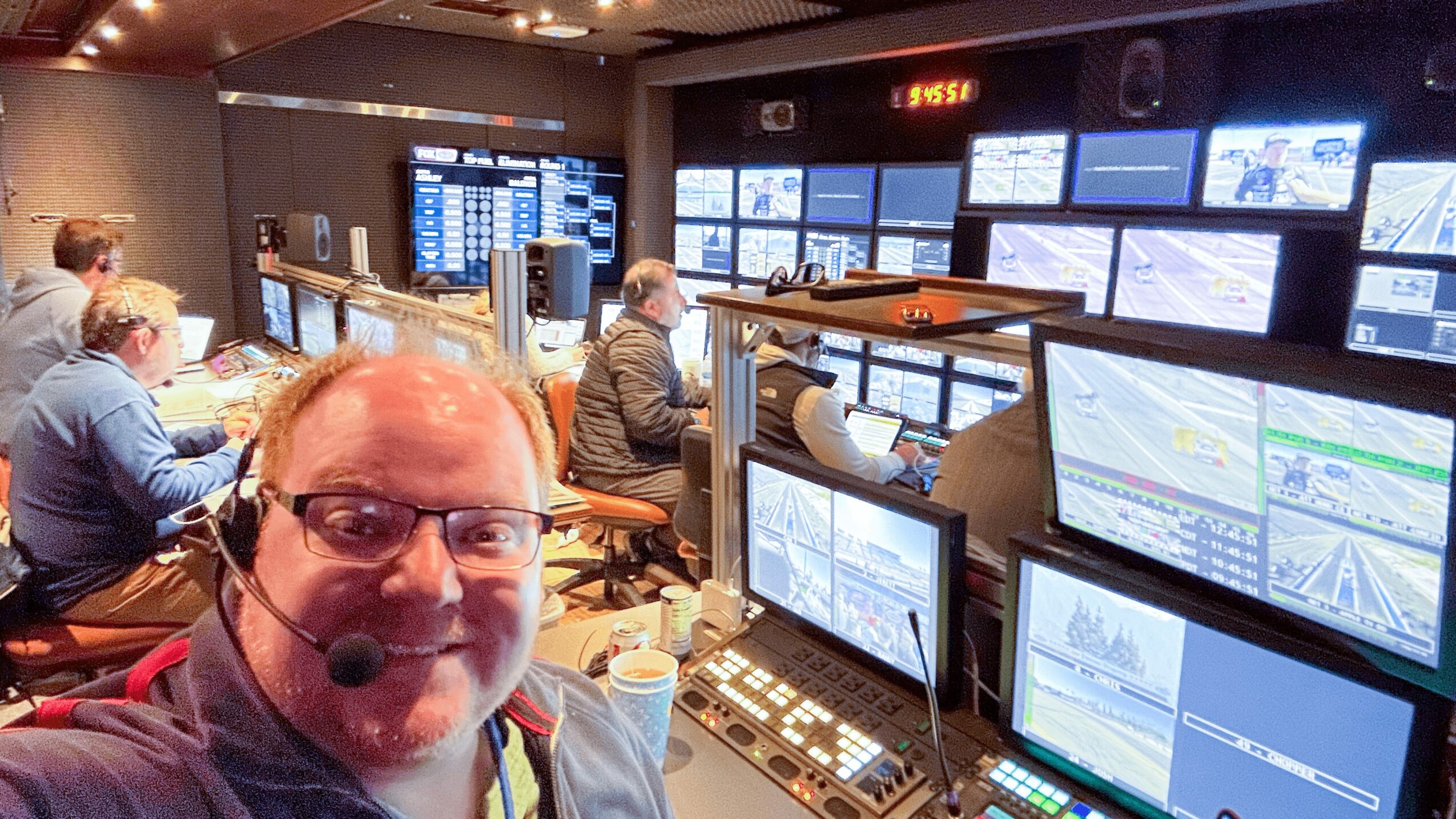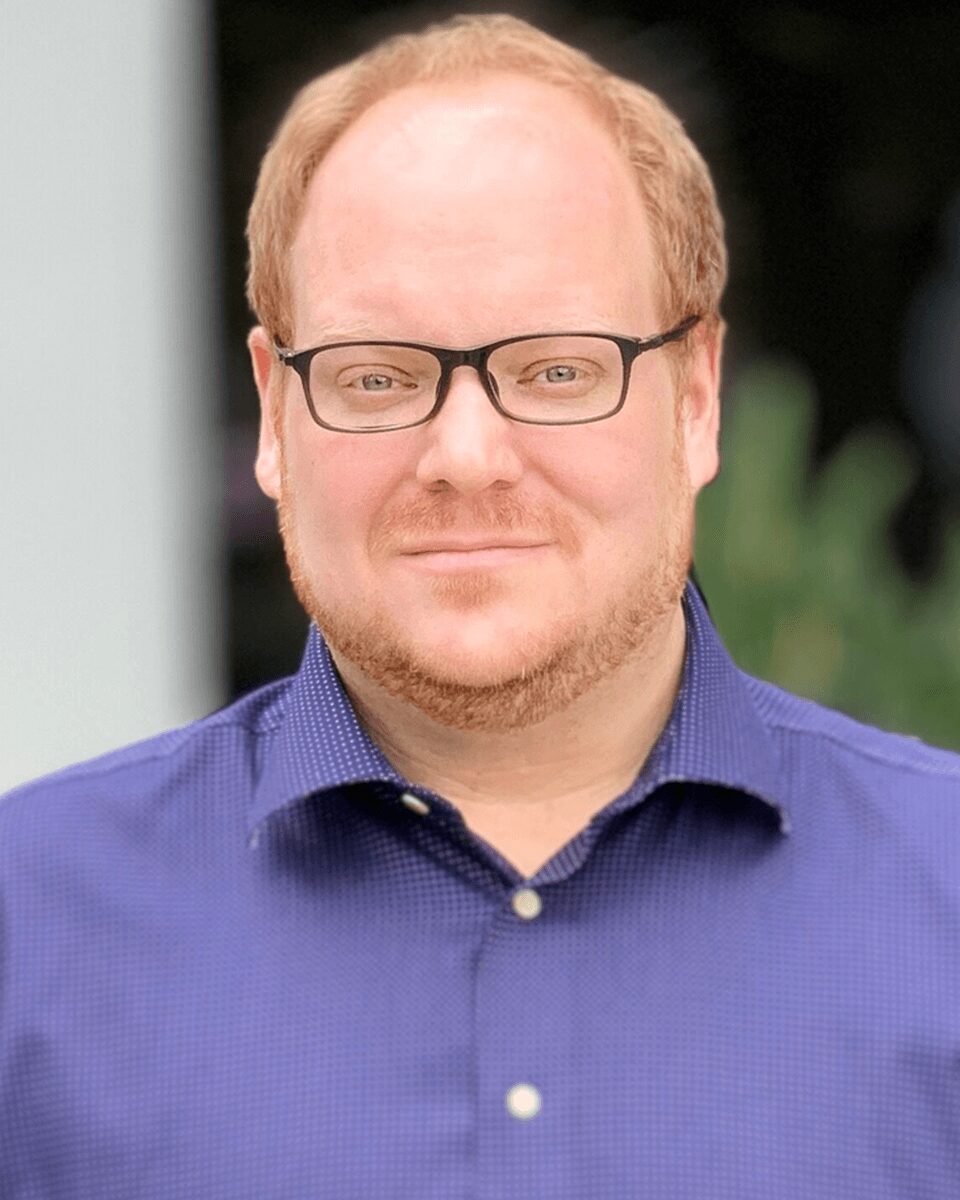

Rob Hedrick shared their story and experiences with us recently and you can find our conversation below.
Good morning Rob, it’s such a great way to kick off the day – I think our readers will love hearing your stories, experiences and about how you think about life and work. Let’s jump right in? What do the first 90 minutes of your day look like?
I travel for work and am on the road for almost 200 days a year. I am also a creature of habit, so I try to start every day the same way. I try to spend the first 15 minutes of my day reading the news to get a sense of what the day will look like. On the drive to the site, I always have music playing, and I get the same breakfast every day. As a coffee enthusiast, I travel with a kit to make a pourover every morning. When I arrive at the site, I usually get there 15-20 minutes before anyone else and spend the time catching up on communication or projects. Trying to build the day around a routine helps cement good habits and repetitive thoughts, ensuring that everything gets handled during the day.
Can you briefly introduce yourself and share what makes you or your brand unique?
I am Rob Hedrick, a technical operations specialist. I work in television with a team of highly skilled professionals. We design and build remote television facilities every week, allowing you to watch your favorite sporting events on weekends. I’ve been working in television for almost 25 years and have done everything from Storm chasing and NBA playoff coverage to drag racing cars that reach 0-343mph in under 4 seconds. I am fascinated by storytelling and think pro sports gives some of the most unique opportunities to tell interesting stories.
Okay, so here’s a deep one: Who saw you clearly before you could see yourself?
I went to a boarding school in rural Tennessee when I was 13 years old. I always felt like an outsider at public schools in Oklahoma, where I grew up. When I went to boarding school, I was terrified of being on my own and not having my family’s support system around me. The school was set up in a university-like atmosphere, where students moved between classes and buildings for each subject. I quickly became friendly with the larger-than-life theater professor, Tim Hillman, and learning his story of what he had done in life to lead to his teaching at this school fascinated me. He quickly saw in me a talent for technical skills and knowledge that, 6 months later, we did a theatrical production (at a high school) that had a theater in the round. The play we performed was very emotional, dealing with family members coping with intensely personal subjects. All of their inner monologue was the actor sitting off stage speaking to a camera setup. I built a control room and studio that allowed monitors in the audience to display a big-brother style confessional. He provided me with the resources to put together what we needed, and let me discover how that kind of equipment works; I was hooked.
If you could say one kind thing to your younger self, what would it be?
I would tell my younger self that the world isn’t going to be what you think it is when you grow up, but be kind to yourself, live in the moment, and enjoy the journey. Don’t be worried about what’s next all the time. Take time to live and be proud of who you are. You have a strong moral compass, and it will guide you there. Also, please don’t set the garage on fire this time.
I think our readers would appreciate hearing more about your values and what you think matters in life and career, etc. So our next question is along those lines. Where are smart people getting it totally wrong today?
Smart people are forgetting critical thinking skills. If you have honed, well-developed critical thinking skills, you can solve almost any problem. The most intelligent people in the world know what they don’t know, but they possess the skillset to problem-solve and figure things out. There’s a real problem in the C-suites of America that they lean on their title to think they know everything and are afraid to say, “I don’t know, but I can find out, or I know who does know, and we can solve this together”. People should not be afraid to learn something new or ask for help when they don’t understand something.
Okay, so let’s keep going with one more question that means a lot to us: Are you doing what you were born to do—or what you were told to do?
When I was 12, my parents got a new RCA console tv that was the size of a sedan. I thought it was the coolest thing I had ever seen. TV was so magical, you could see all of these people doing things and being places I couldn’t conceive of. I wanted to know how it worked. So I took it completely apart, to the component pieces. My mom came home and found the living room scattered with hundreds of pieces of bricker brack and her face was frozen. To her credit, she didn’t get mad, she just said, “If you can put it back together and it works, I won’t tell your dad what happened”. I got it totally put back together and it completely worked, she did tell him what happened and my dad, who taught at the college in town, introduced me to his friend in electrical engineering and i started building electronics. I think it’s super cool I get to do that for a living now and make TV every weekend.
Contact Info:
- Website: https://www.imake.tv/
- Instagram: @robtvla
- Linkedin: https://www.linkedin.com/in/robtvla/
- Youtube: https://www.youtube.com/@Robtvla
